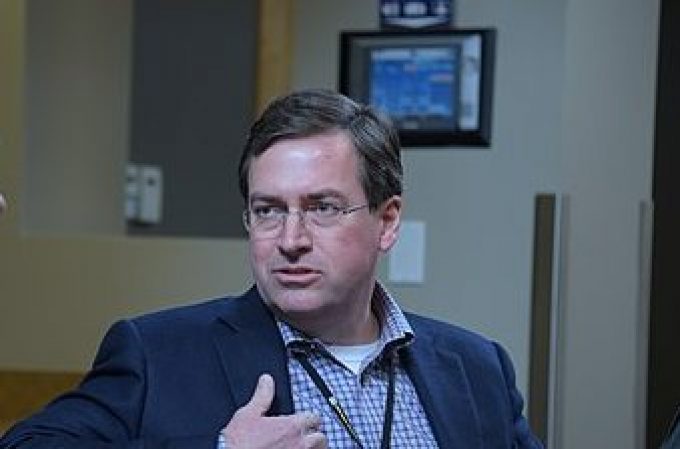AI in logistics: your job's safe – it's the 'next-gen' skilled workforce
AI is not coming for your job. But it is coming for unfilled roles – ...

Ryan Petersen is back at the controls of Flexport. Half a year after the founder of the digital forwarder handed the reins to ex-Amazon executive Dave Clark (above), the company’s founder is again assuming control of Flexport after Mr Clark’s abrupt departure.
In a memo to ...


Comment on this article